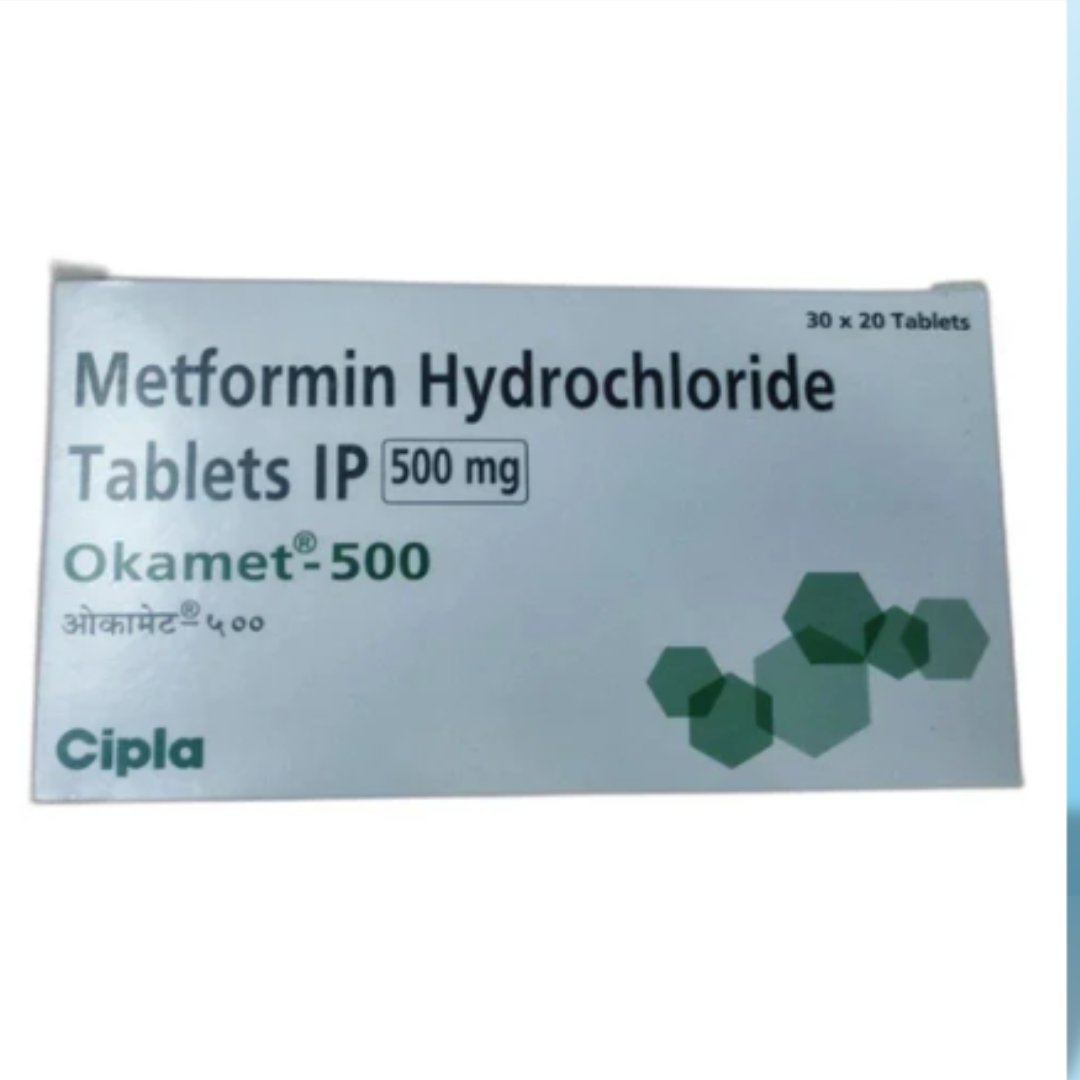The Significance of Metformin in Type 2 Diabetes Control
🔍 Introduction: A Pillar in Diabetes Care
Type 2 Diabetes Mellitus (T2DM) affects over 37 million Americans, making it one of the most prevalent chronic illnesses in the United States. Among the wide range of medications, Metformin has remained the first-line treatment due to its efficacy, safety profile, and cost-effectiveness.
In this article, we’ll uncover the significance of Metformin in controlling Type 2 diabetes, its mechanism of action, clinical use, comparisons with other drugs, and real-world data from USA-based medical organizations.
💊 What is Metformin?
Metformin is a prescription oral antidiabetic medication belonging to the biguanide class, primarily used to:
- Reduce blood glucose levels
- Enhance insulin sensitivity
- Aid in weight control
It was approved by the U.S. Food and Drug Administration (FDA) and is commonly available under the brand names Glucophage, Riomet, and Fortamet.
⚙️ Mechanism of Action: How Does Metformin Work?
Metformin works through multiple pathways:
- Decreases hepatic glucose production (inhibits gluconeogenesis)
- Improves peripheral insulin sensitivity
- Enhances glucose uptake in muscle tissues
- Reduces intestinal glucose absorption
This leads to lower fasting and postprandial blood sugar levels. Learn more on PubMed.
📊 Clinical Benefits of Metformin
✔️ Key Advantages:
- Reduces HbA1c levels by 1.5%–2%
- Helps with weight loss or weight neutrality
- Low risk of hypoglycemia
- Cost-effective and generic availability
According to American Diabetes Association (ADA), Metformin is the first-line therapy unless contraindicated.
🧪 Who Should Use Metformin?
Metformin is ideal for:
- Newly diagnosed Type 2 diabetics
- Patients with insulin resistance
- Those without significant kidney/liver dysfunction
Refer to Mayo Clinic guidelines for detailed patient profiles.
⚠️ Side Effects and Precautions
Common Side Effects:
- Gastrointestinal upset (nausea, diarrhea)
- Metallic taste
- Flatulence
- Weakness
Rare but Serious:
-
Lactic acidosis (especially in renal failure patients)
Learn more on Drugs.com about dosage and safety.
🔄 Comparison: Metformin vs Other Type 2 Diabetes Medications
| Medication | HbA1c Reduction | Hypoglycemia Risk | Weight Effect |
|---|---|---|---|
| Metformin | 1.5–2.0% | Low | Neutral/loss |
| Sulfonylureas | 1.0–2.0% | High | Gain |
| DPP-4 inhibitors | 0.5–1.0% | Low | Neutral |
| GLP-1 agonists | 1.0–1.5% | Low | Loss |
| SGLT-2 inhibitors | 0.5–1.0% | Low | Loss |
More info from Cleveland Clinic.
🧬 Metformin and Insulin Sensitivity
Metformin does not increase insulin secretion. Instead, it makes insulin more effective — critical in patients with insulin resistance, a hallmark of Type 2 diabetes.
More on insulin resistance from NIH.
🌍 Real-World Use and Global Recommendations
- WHO lists Metformin as an essential medicine.
- Recommended by Johns Hopkins Medicine for prediabetes and PCOS as well.
- Used in gestational diabetes under expert supervision (ACOG Guidelines).
💡 Tips for Better Glucose Control with Metformin
- Start with low dose to avoid GI side effects
- Take with food
- Avoid alcohol
- Stay hydrated
- Monitor kidney function regularly
More self-management tips from Joslin Diabetes Center.
🧪 Research Highlights
- UKPDS study: Metformin reduces diabetes-related endpoints
- NIH trials
🛒 Where to Buy Metformin in the USA
Always buy from FDA-approved pharmacies.
🗣️ User Experiences & Reviews
Read user experiences from:

